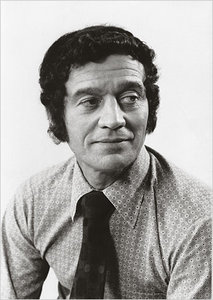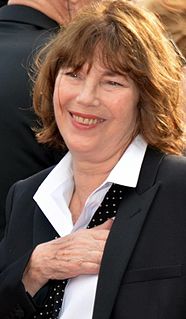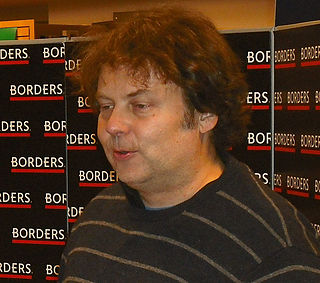A Quote by Anatole Broyard
Aphorisms are bad for novels. They stick in the reader's teeth.
Related Quotes
We shall not attempt to give the reader an idea of that tetrahedron nose-that horse-shoe mouth-that small left eye over-shadowed by a red bushy brow, while the right eye disappeared entirely under an enormous wart-of those straggling teeth with breaches here and there like the battlements of a fortress-of that horny lip, over which one of those teeth projected like the tusk of an elephant-of that forked chin-and, above all, of the expression diffused over the whole-that mixture of malice, astonishment, and melancholy. Let the reader, if he can, figure to himself this combination.
When I began to write novels, I wanted to keep that element of interaction with the reader that exists in poetry, not just for the reader to be shepherded from A to B to C to D but to participate, and the less you say sometimes, the better it is. You know, it's the way when someone speaks very quietly, you move forward so you can listen more carefully.
If you read novels of the 19th century, they're pretty experimental. They take lots of chances; they seem to break a lot of rules. You've got omniscient narrators lecturing at times to the reader in first person. If you go back to the earliest novels, this is happening to a wild extent, like 'Tristram Shandy' or 'Don Quixote'.




































